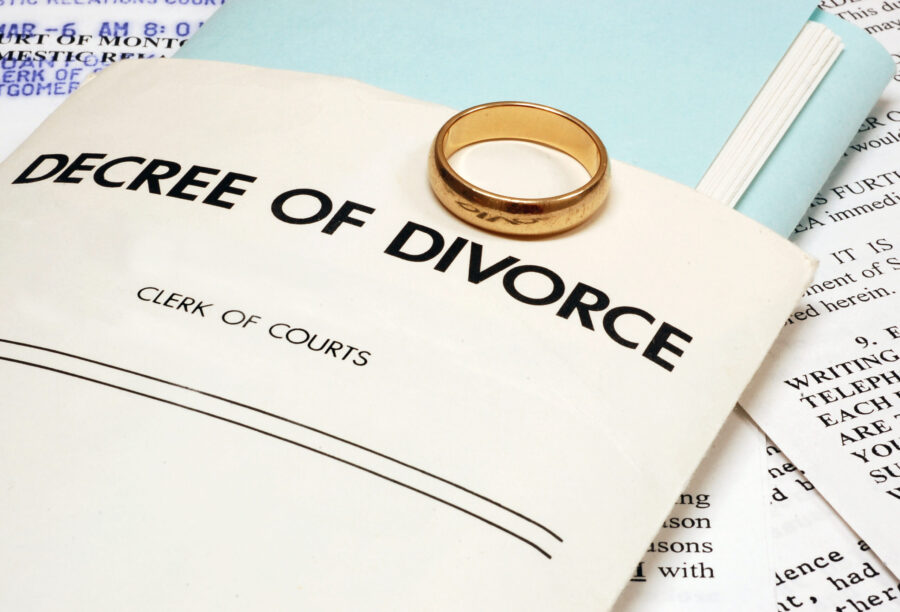For couples untangling their shared life, the presence of a business in the marital assets…
Five Myths About Child Support in Virginia

Child support is critical to ensuring the financial health and well-being of children in Virginia. Unfortunately, many misconceptions and myths surrounding child support can make it difficult to understand. In this blog post, we’ll debunk five of the most common myths about child support in Virginia to help ensure you have the correct information to make informed decisions about your situation.
Myth 1: Child Support Is Based on the Income of the Non-Custodial Parent
In Virginia, a court will consider the income of both parents, including earned and unearned income such as pensions, Social Security, dividends, and other sources of income. The court then uses this information to determine how much the non-custodial parent should pay. It is important to note that any assets owned by either parent can also be considered when determining child support payments.
Myth 2: Child Support Payments Can Be Stopped by Lack of a Job or Bankruptcy
A parent cannot quit their job to avoid paying child support. Virginia courts will usually see that this is an aversion tactic and refuse to reduce the child support obligation. Bankruptcy will never be an option for avoiding payment of child support. Child support is not a dischargeable obligation in any state or commonwealth.
Myth 3: The Court Always Orders the Non-Custodial Parent to Pay Child Support
In Virginia, the court does not always order the non-custodial parent to pay child support. In many cases, the court may determine that the custodial parent should pay child support to the non-custodial parent or that neither parent is required to pay child support. This can depend on various factors, such as the financial situation of both parents, the agreement of both parents and the child’s best interests. Ultimately, it is up to the court to determine whether child support should be ordered and who will be responsible for paying it.
Myth 4: The Amount of Child Support Is Set in Stone
Many people mistakenly believe that once a child support order has been issued, the amount is set in stone and cannot be changed. This is not necessarily true. In Virginia, a child support order can be modified when there is a significant change in circumstances, such as an increase or decrease in either parent’s income or in the number of children being supported. The court must find that the change is substantial and continuing before it will modify the order. Therefore, it is important to remember that a child support order can be subject to change.
Myth 5: The Non-Custodial Parent Can Stop Paying Child Support
No, the non-custodial parent cannot stop paying child support at any time. The amount of child support the court sets is legally binding and must be paid as determined. If a parent does not pay the court-ordered amount, they may be subject to legal consequences, such as wage garnishment or jail time. Even if the non-custodial parent’s financial situation changes, the payment still must be made according to the court order unless they petition to modify their child support payments. This must be done through the proper legal channels, and a modification can only occur once the court approves it.
Speak with a Virginia Family Law Attorney
When dealing with child support issues in Virginia, you should consult with an experienced family law attorney. At Pincus Goodman, P.C., we understand that every case is unique and tailor our services to your needs. Our attorneys can help you determine the amount of child support owed and what your rights are under Virginia law. Call us today at (757) 301-9634 or contact us online for a confidential legal consultation.





